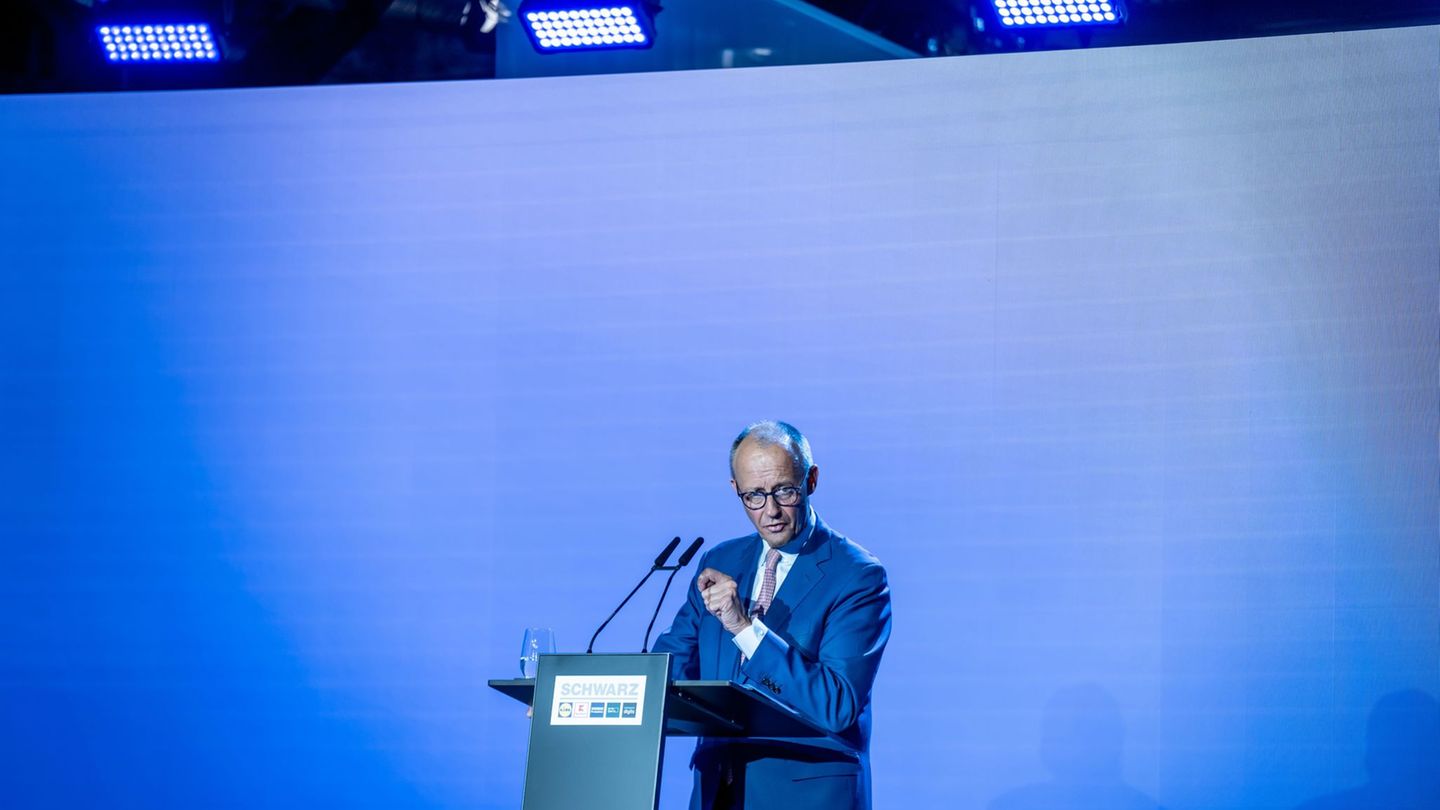The project for debtors hipotecary Banc already entered the Parliament and legislators from the ruling party and the opposition are close to reaching an agreement to vote this week on the sanction of the initiative that proposes the refinancing of the debts in Resettable Units (UR).
The senator of National Party, Sergio Botana, confirmed that it is possible that the text will be voted unanimously on Wednesday, thanks to a reformulation in the original text that contemplates the implementation of a trust to manage the accounts of debtors in UR, something that had been suggested by the president of the BROU, Salvador Ferrer.
snack highlighted in dialogue with Radio Montecarlo that the initiative seeks to benefit some 24 thousand people “who have been going through a debt for many years that they see always growing due to the multiplication by the growth of the UR and interests.”
Regarding the scope of the initiative, he recalled that it aims to extinguish the debt for those who have already paid for 40 years, but also benefit those who are over 30 years old. “The idea is that they have a zero interest rate for the readjustment of their credits and that the amortization accelerates over time,” said the nationalist senator.
A study endorsed the loans of the Mortgage Bank
When referring to the project, which aroused criticism from various sectors, a report by CPA Ferrere recalled that “mortgage loan rates in Indexed Units (UI) have been higher than loan rates in “UR” and pointed out that in Uruguay A greater effective increase was recorded for the UR, with an annual growth rate of 10.1% compared to 8.7% for the UI.
However, the survey asked to consider “other variables that affect the effective cost assumed by a debtor,” such as the interest rate on loans; the moment in which the credit originated and the cycles of the real salary during the life of the loan; and the evolution of the UR and UI throughout the life of the credit and the impact of this evolution on the readjustment of the credits.
Thus, according to a simulation, CPA Ferrere concluded that “in general terms the cost of a loan in UR would have been on average 15% lower than the alternative of credit in UI for the 192 time windows evaluated, except for some specific exceptions in the decade of the 80s and 90s.”
The consultant also spoke of other drawbacks. “Credit restructuring solutions not provided for in the contracts and that are perceived by the debtors as repeatable in the future, they could accentuate moral risk behaviors,” he warned.
For CPA Ferrere, “the forgiveness of mortgage debts could create a future incentive for consumers to change their behavior and take greater risks when acquiring a loan given the perception that in the event of default, an alternative that involves forgiveness will emerge. or restructuring of debts.”
Source: Ambito




